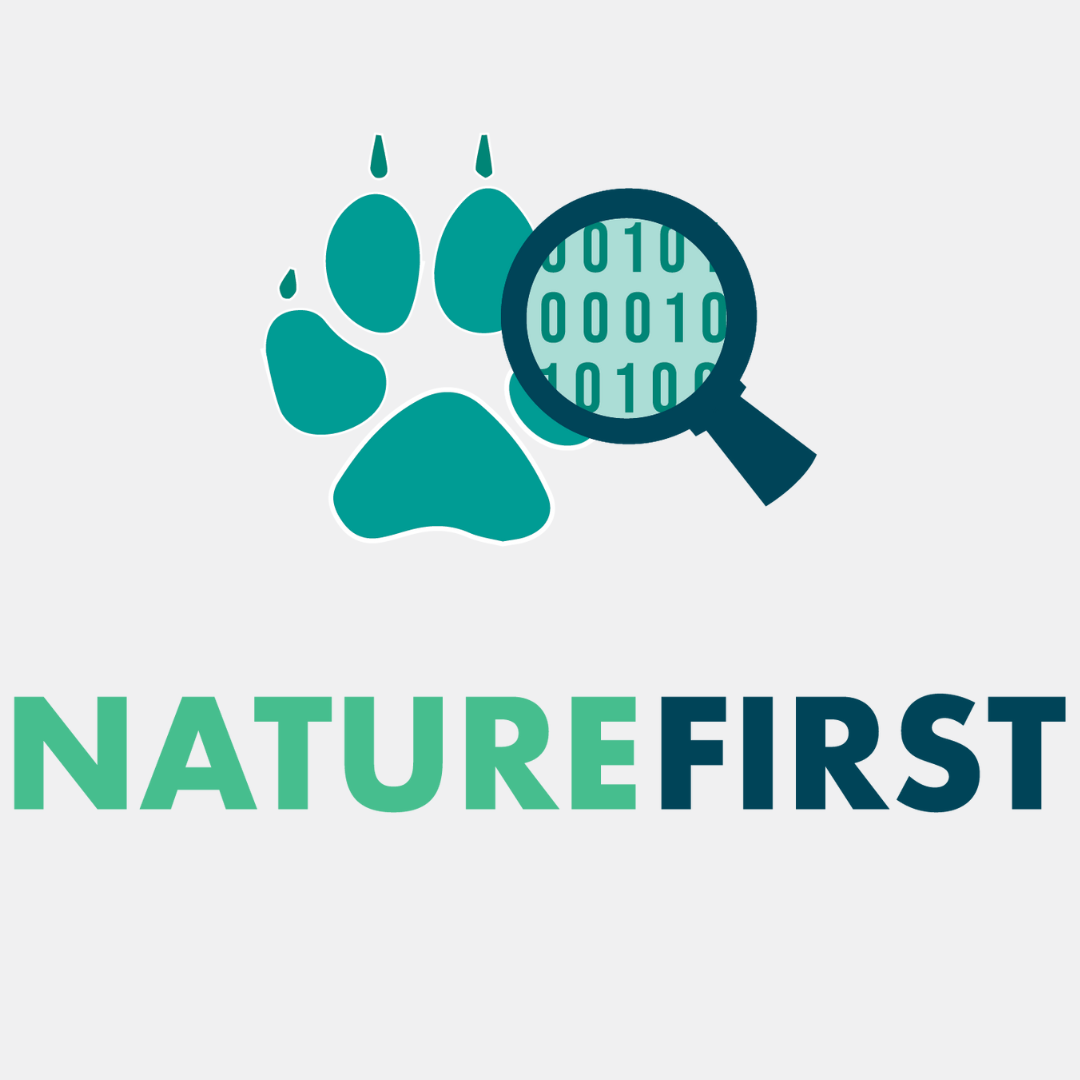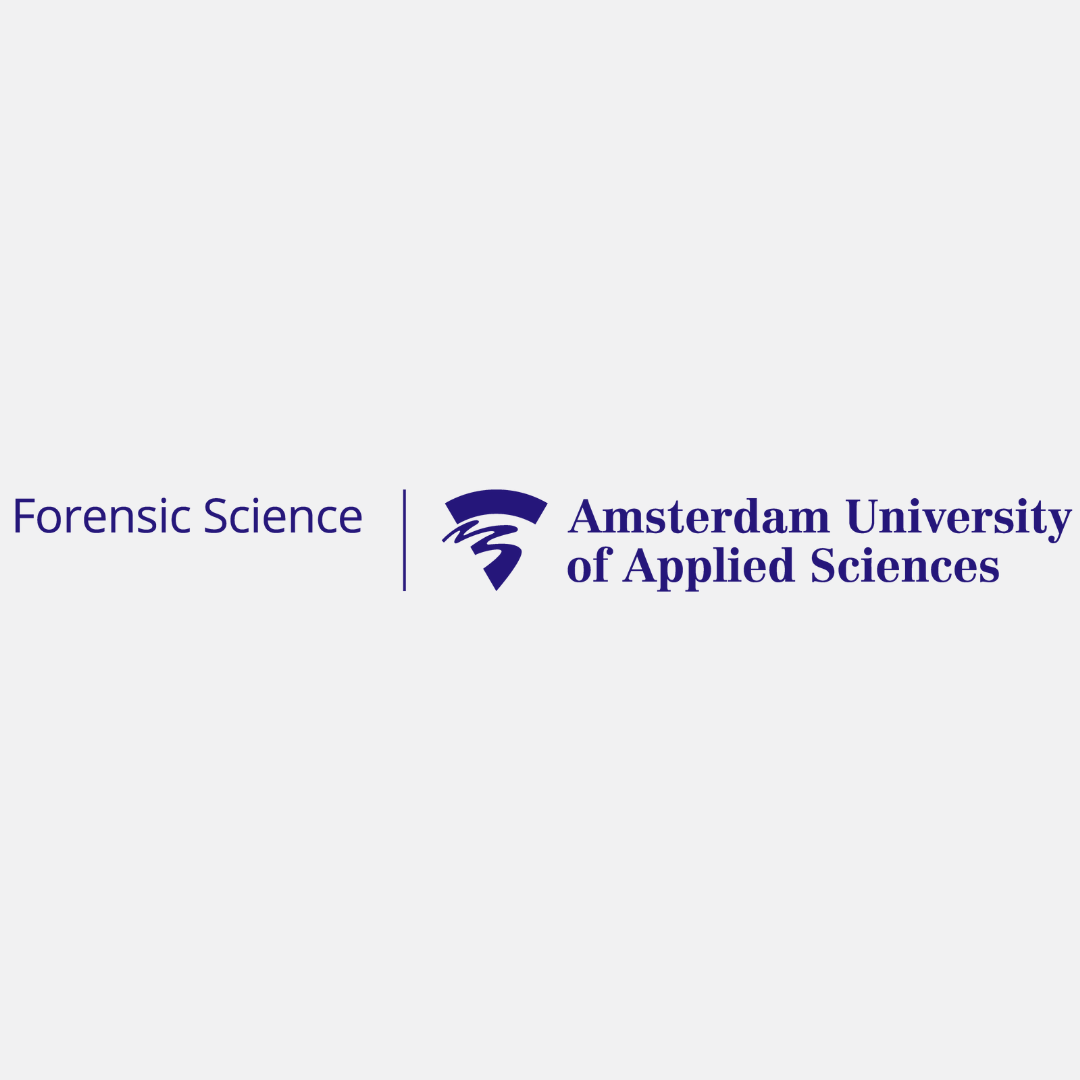Meet our Partners
-

The Rhisotope Project
An initiative that is revolutionising wildlife conservation by using nuclear science to combat wildlife crime.
-

Saxon University of Applies Sciences
With a strong focus on forensic science, we collaborate with the Saxion University to organise fundraising activities with students that are eager to learn more about wildlife forensics.
-

Wildlife Forensic Academy
The world’s very first institution offering education in wildlife forensics.
-

University of Staffordshire
Prof. dr. Claire Gwinnett has supported the development of the wildlife forensic trainer programmes
-

Nature First
A Horizon Europe project where 12 global partners work together to improve biodiversity and protect the habitats of many species which are being threatened by human activity.
It combines forensic intelligence and remote sensing technologies to develop fit-for-purpose tools and information for monitoring biodiversity.
-

Amsterdam University of Applied Sciences
We collaborate with the department of Forensic Science at the AUAS to organise activities with students who are eager to learn more about wildlife forensics.
-

Sustainable Scale-up Foundation
The Sustainable Scale-Up Foundation supports with building the community around the European Wildlife Forensic Network
